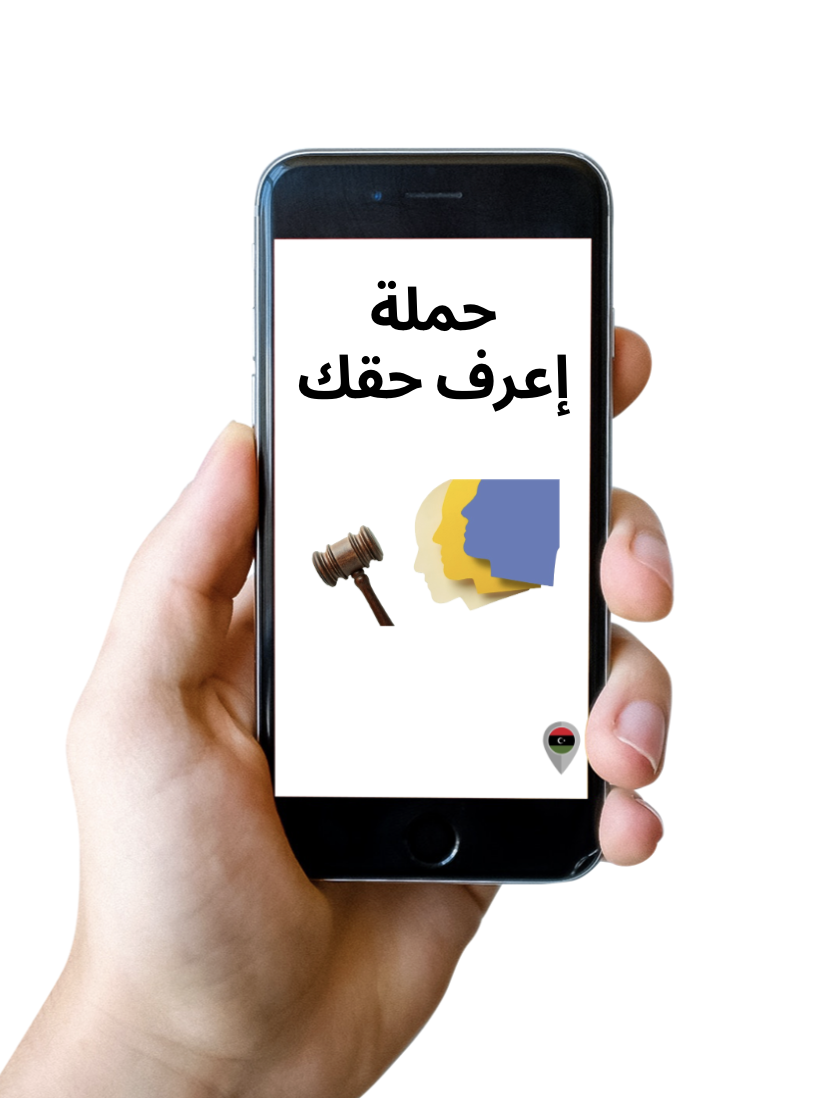
Know Your Rights Campaign
“Know Your Rights” is an awareness-raising campaign based on the provision of valuable legal information. It is of concern to Libyan citizens in general and targets, in particular, the more vulnerable groups to verbal or physical abuse or violations in any form in Libya.
Freedom of Thought/Opinion/Expression
Right of Association
The Rights of the Accused
Irregular Migrants
Enforced Disappearences
Data Privacy
Race/Ethnicity/National Origin Based Discrimination
Detention/Imprisonment
Treaties
Women’s Rights
Voting Rights
Protestor’s Rights
Know Your Rights campaign aims to raise awareness of the law in Libya and to contribute to the knowledge of rights and duties in accordance with national laws and the necessary agreements of international humanitarian and human rights law.
Campaign objectives
To raise awareness in the legal community and to contribute to the knowledge of rights and duties and the understanding among the targets groups
To engage target groups
To increase the participation of opinion leaders and civil society activists to adopt the campaign, exchange experiences, and mobilize more support
Know Your Rights Podcast
Episode 1: Freedom of Thought
Interview with Jomaa Atiga, a human rights activist and lawyer about freedom of thoughts and speech in Libya
Collaboration with the Libyan journalist Marwa Salem and Radio Ness.
Watch the interview with Mr. Jomaa Atiga
Caricatures
Freedom of speech in Libya
By the artist Seif Eddine Nechi
What are the legislative obstacles to freedom of expression in Libya?
Article 14 of the Constitutional Declaration of 2011 is a guarantee of freedom of expression and the only text that explicitly and directly recognizes these rights, except
It did not affect, as expected, lower-level legal legislation, as the Publications Law No. (76) of 1972 is still in effect, including the provisions it contains that impose restrictions on these rights, such as imposing prior censorship on publications, including newspapers. Also, some subsequent legislation has It included restrictions on freedom of opinion and expression in accordance with loose standards, including the Anti-Cybercrime Law No. (5) of 2022.



